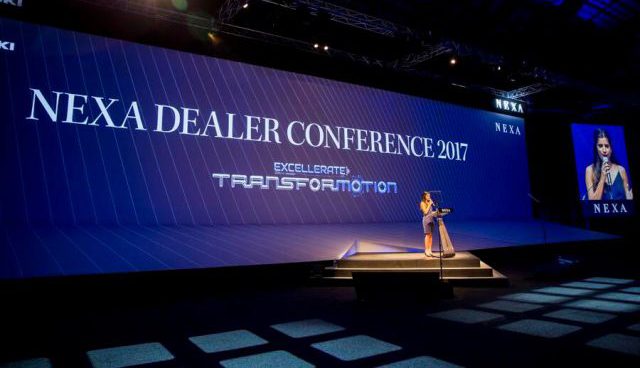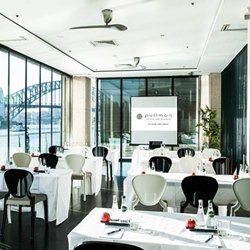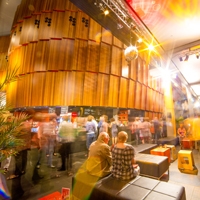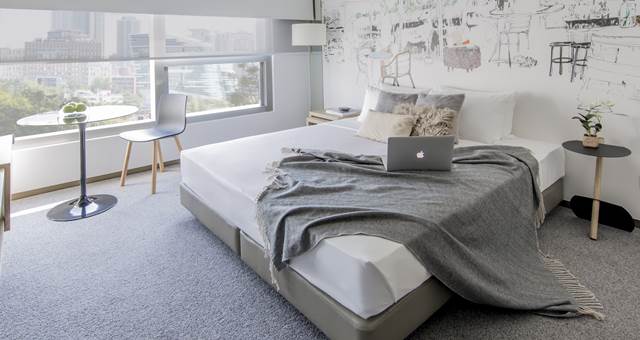
You’re having an event and you need a stage to host your people, your entertainment, award winners or the DJ – easy right?
Like every aspect of event production, there are tricks to the trade for getting the stage right. To save you time, Staging Rentals & Construction has collated the top 7 things you need to know before you pick up the phone to a staging company.
These tips will get you the right stage for your event.
1. Pinpoint centre stage
It sounds obvious, but the placement of your stage will dramatically impact the success of your event. A staging company needs to know the venue and where you think the stage should go. A scaled plan of the room, with the proposed location of the stage is a great starting point!
A good supplier can walk you through the options available to you. They will also need information about loading dock access, lift access and other venue-specific operational challenges.
2. When does your stage arrive?
Your event start and finish times will be a given, but a staging company also needs to know when other suppliers such as AV, lighting, décor and catering are setting up in the room. A well thought out production schedule will be invaluable at this point (hint: make sure your rigging and lighting is in the air before stage installation).
With this information at hand, your staging company can work out optimum ‘bump-in’ and ‘bump-out’ times. Some venues will allow you to bump the stage out the day after your event with no extra charge. This could save you out-of-hours labour rates.
3. What does your stage need to do?
It is important that your stage can accommodate your event needs safely and with style. Let your staging company know exactly what you intend to do on the stage.
How do people get on and off the stage? Will you need handrails? Will you need wheelchair access? All these considerations should be made so that your staging company can help you determine the best shape, size and finish. If you aren’t sure about what you need, ask them. They’ve built loads!
4. What look are you after?
Not all stages are made equal; there are several flooring options available. Dancers? They’ll need something with a bounce. Musicians like the feel of carpet underfoot. Showtime may be shiny. Think about colour and texture. What type of skirting or fascia would you like to see around the stage? Or you may prefer a stripped back industrial look.
When commissioning a stage, consider how it will look from all angles. Your staging company should be able to provide you with a virtual 3D-drawing of the proposed stage.
5. Size and shape matters – a lot
Stage pieces come in all shapes and sizes, so knowing the basic sizes of staging platforms can help you plan and design your event. A rectangular deck is the most common building block of any stage. The standard deck is 1.2 metres wide x 2.4 metres deep and 185 millimetres high with no legs.
However, specialist staging companies also provide decks in circles (semi-circles), squares, triangles and narrower rectangles, allowing a huge array of options. Ask your staging company what they have available and have fun playing with the pieces.
6. How much will that be?
Are you after the wow factor, or is functionality the name of the game? What does your budget allow? The costs associated with staging include rental of the equipment, labour to install and dismantle and freight.
If you’re going with custom options, such as floors or fascia, this will be priced separately. It is best to be open about your budget, as a good staging company will know how to deliver a smart looking stage cost-effectively.
7. Meet on site and get it right
It is always best to do a site inspection with a tape or laser measure, a camera and a scaled floor plan. Being in the space can tell you so many things that a venue brochure can’t. Always take photos that you can attach to briefs, so others can see for themselves. It’s recommended (where possible) to do a site inspection to get the outcome you’re after. You only get one shot at it.
Find out more about Staging Rentals & Construction and its flagship product AllySTAGE at www.stagingrentals.com.au.



